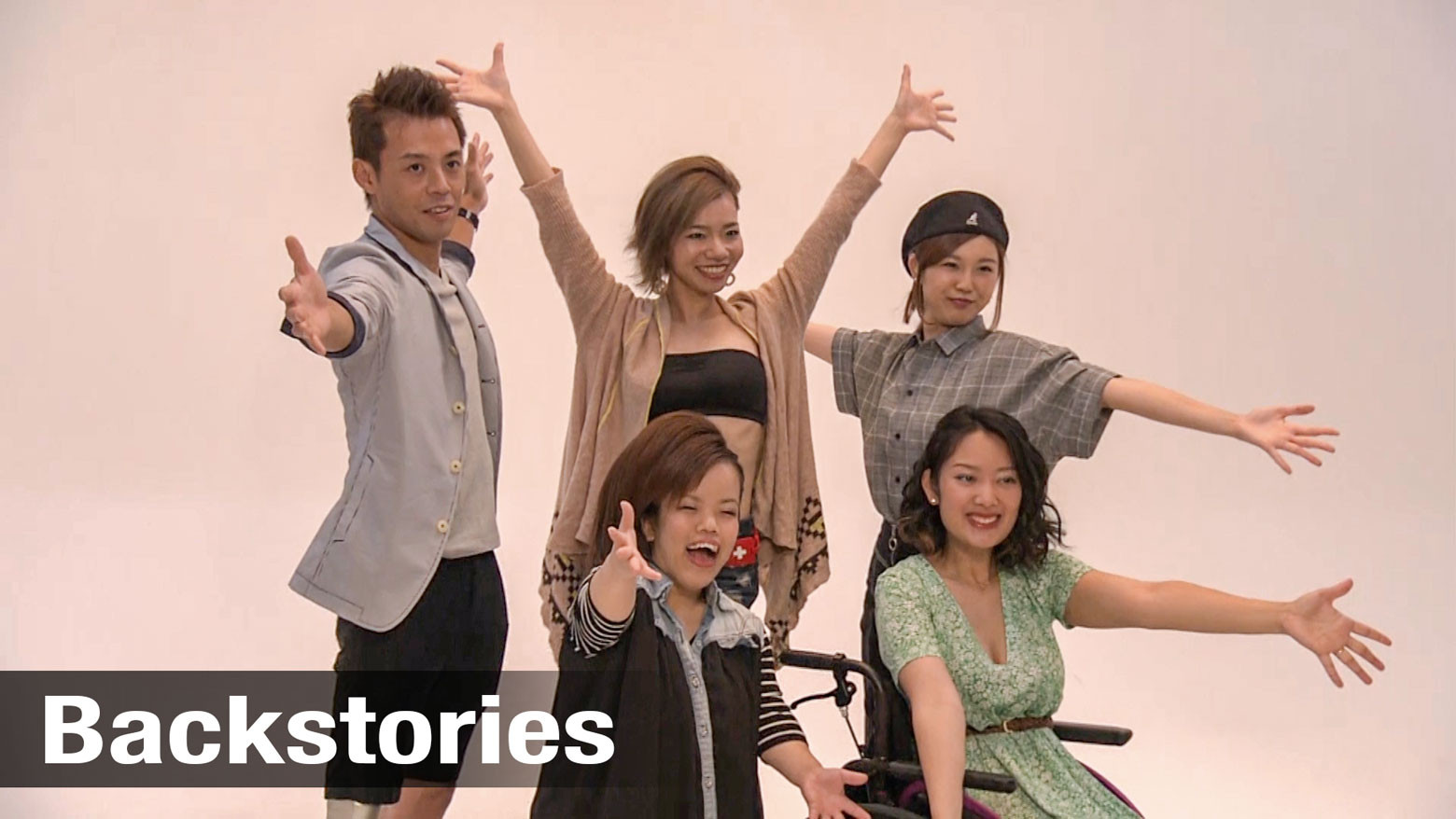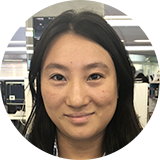In April, an audition was held in Tokyo's Ginza District.
Thirty-six finalists were chosen from 113 contestants who showed off their talents from singing to dancing.
The budding performers all share one thing in common --they live with disabilities. They include a male rapper in a wheelchair and a deaf female dancer. They told us that they've long been awaiting this moment.
Shino Kawai, one of the finalists who's in a wheelchair, said she entered last year's audition but didn't get through. She said, "I'm now hoping to join the Tokyo Paralympics as a wheelchair fencer. But I'd also like to be a model."

Ayano Ebihara was born with a condition that limits bone growth. She said, "I absolutely love dancing, but I'd given up on training and challenging myself because of my appearance."

The audition organizer is the publisher of a free magazine for disabled persons. The magazine, "Co-Co Life," doesn't take up medical or welfare topics. Instead, it produces features on love, marriage and fashion.
The publisher established Japan's first talent agency for people with disabilities in March of last year. The move was inspired by corporate Japan's increasing demand for diverse models in its ads.
The agency's more than 30 registered artists and models are landing roles in various media.
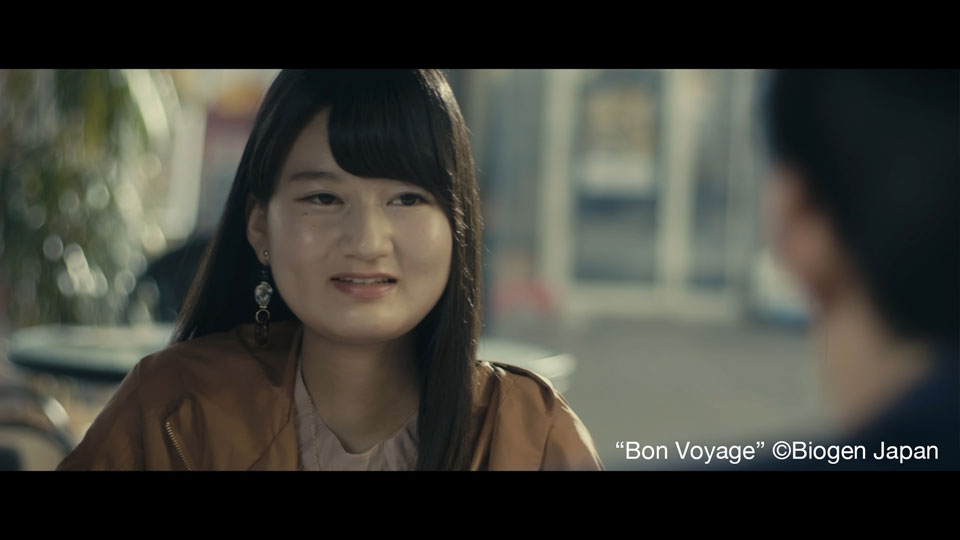

Hitoshi Okayasu, the chief of the Co-Co Life Talent Division says, "Entertainment offers for disabled talent used to be niche. But now, it is becoming more mainstream. We started this agency because we are convinced that a movement toward diversity is under way."
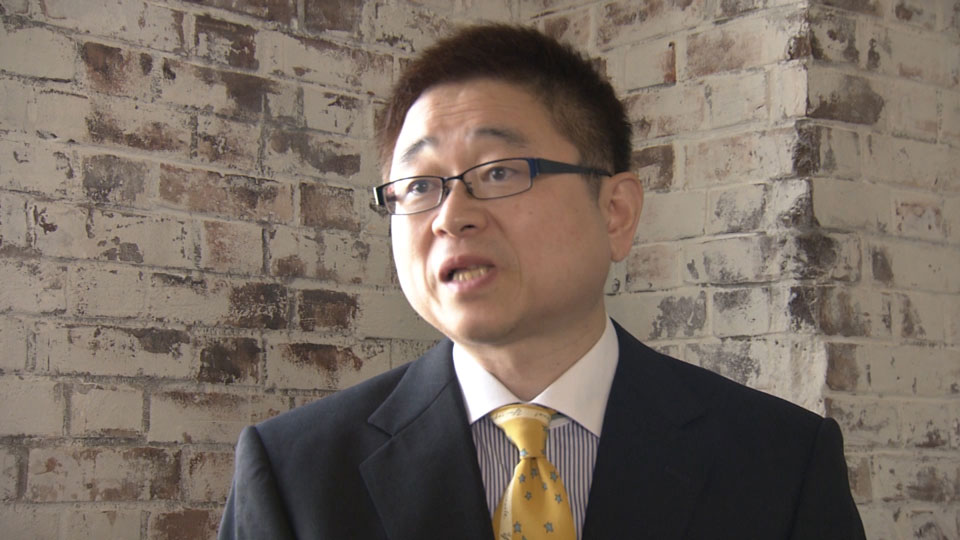
The agency has high hopes that Akiko Tomida, who passed an audition last year, will become its musical star.
She's been playing taiko drums since she was little.
As a child, she was diagnosed with an incurable eye disease. Even after five surgeries, she lost vision in her left eye last year.
Now she uses an ocular prosthetic. With her right eye condition worsening, she has been undergoing laser treatments and injections to reduce inflammation.
She sometimes suffers from side effects.
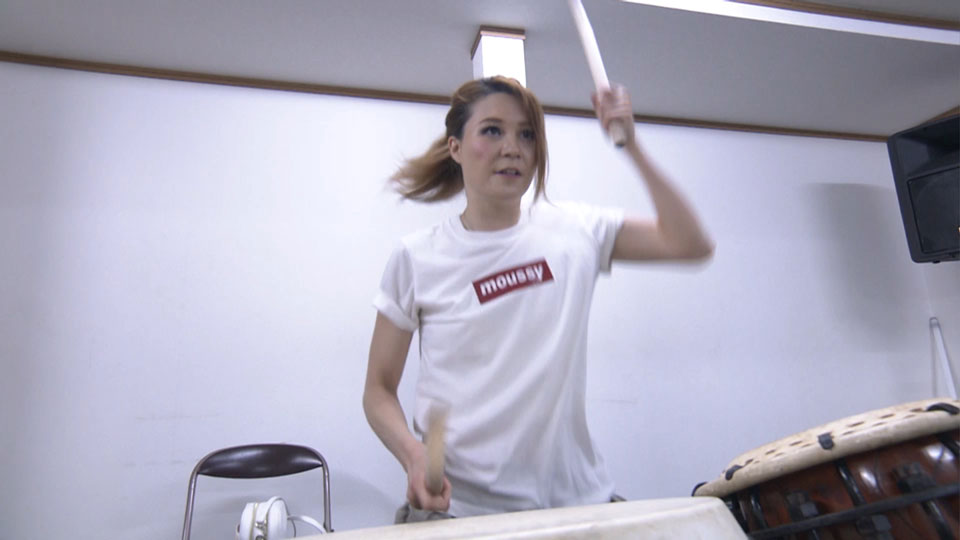
Yet Akiko is still pursuing her dream to become a professional percussionist. She visits Tokyo for lessons with the agency's music producer twice a month, traveling about three hours each way.
Akiko said, "My life has changed 180 degrees since I joined this agency, and I discovered a new side to myself."
Shinzo Okura, a producer at Co-Co Life Talent Division says, "She takes her practice seriously and learns fast. I would like to train her and see her play like other professional musicians regardless of her condition."
At the end of the April audition, the agency's artists held performances. Akiko played a taiko and snare drum set. After the performance, Akiko said, "I am visually impaired. I lost my left eye last year so I put in an artificial eye. I'll continue to perform as best as I can, even if I lose my right eye."
The Co-Co Life Talent Agency is hoping to transform the Japanese entertainment industry into an inclusive one so that the public will see more people with disabilities.
Okayasu says, "We are concerned that the Paralympics could create only short-term opportunities, so we're working hard to create a permanent movement."
